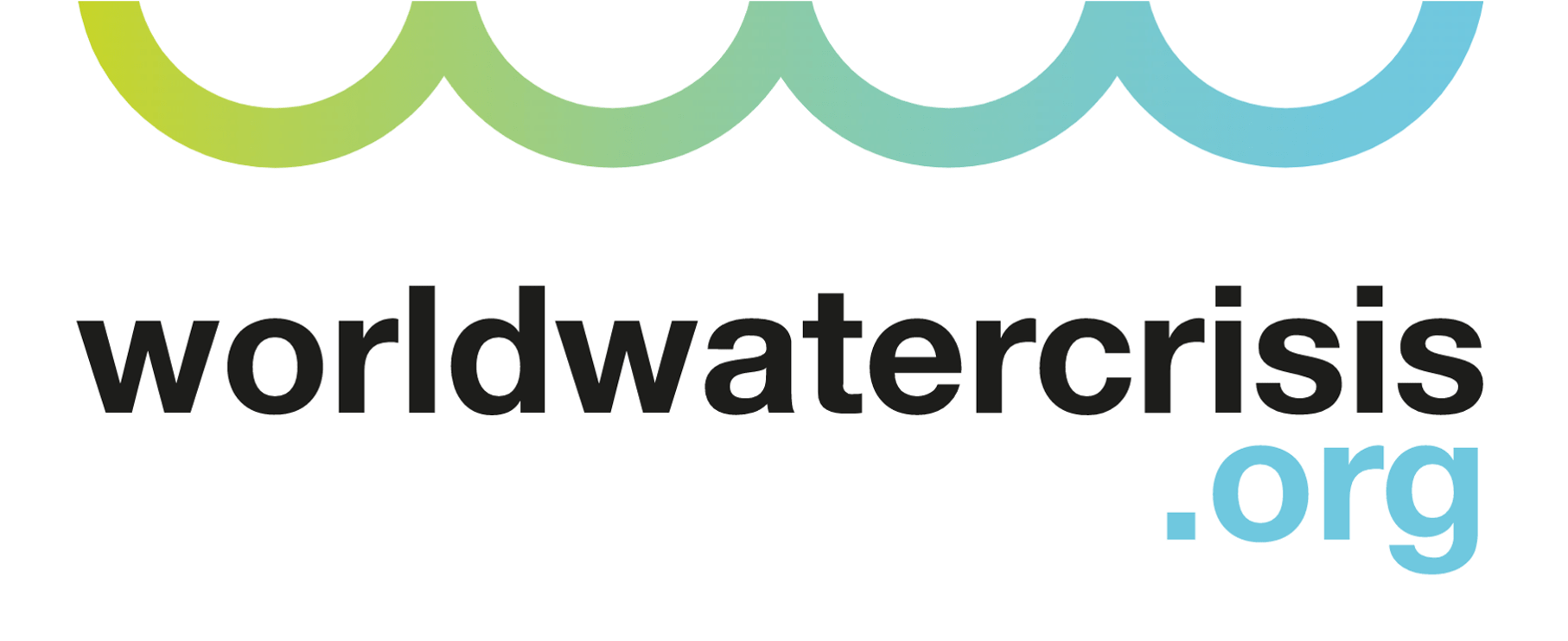Bio2pure™ Vision and Goals
The Bio2pure™ Goal
All the stakeholders of Bio2pure have a clear vision; To use nature’s solutions to nature’s problems to provide people with the most basic rights such as clean water whilst simultaneously protecting the human race from viruses and illnesses, the vulnerability of which has been demonstrated in recent months by the Coronavirus pandemic. The company has clear and defined beliefs surrounding sustainability, social conscience and water neutrality.
Water is the world’s largest commodity, but also the world’s biggest crisis.
Bio2pure’s technology has been working for the last 20 years in the sector of biological water treatment all over the world. The size of the market and the impact that clean water can have on the lives of people is truly life changing.
Wastewater treatment is now entering a new era
- Historically it has been treated with various harsh chemicals, however as time has evolved, industry leading bodies have realised the power of nature, and that harnessing this to combat wastewater treatment in a natural and biological way is the future.
- This is demonstrated in all areas whether it be the Indian Government only recently putting out its first ever tender for biological treatment of wastewater, to the United Nations stating that it is of critical importance to use natural solutions.
Global Awareness
- Not only is the treatment of water entering a new era but also the global awareness of the water crisis. WaterAid which is the world’s largest charity raises circa £85m a year whereas Cancer UK raises in excess of £500m. The leading industry bodies are planning to raise awareness significantly over the coming decades
Bio2pure is committed to SDG6 – Clean Water and Sanitation:
- Water scarcity affects more than 40 percent of people, an alarming figure that is projected to rise as temperatures do. Although 2.1 billion people have improved water sanitation since 1990, dwindling drinking water supplies are affecting every continent.
- More and more countries are experiencing water stress, and increasing drought and desertification is already worsening these trends. By 2050, it is projected that at least one in four people will suffer recurring water shortages.
- Safe and affordable drinking water for all by 2030 requires we invest in adequate infrastructure, provide sanitation facilities, and encourage hygiene. Protecting and restoring water-related ecosystems is essential.
- Ensuring universal safe and affordable drinking water involves reaching over 800 million people who lack basic services and improving accessibility and safety of services for over two billion.
- In 2015, 4.5 billion people lacked safely managed sanitation services (with adequately disposed or treated excreta) and 2.3 billion lacked even basic sanitation.
Facts and figures
5.2 billion
71 percent of the global population, 5.2 billion people, had safely-managed drinking water in 2015, but 844 million people still lacked even basic drinking water.
2.9 billion
39 percent of the global population, 2.9 billion people, had safe sanitation in 2015, but 2.3 billion people still lacked basic sanitation. 892 million people practiced open defecation.
80%
80 percent of wastewater goes into waterways without adequate treatment.
2 billion
Water stress affects more than 2 billion people, with this figure projected to increase.
80%
80 percent of countries have laid the foundations for integrated water resources management.
70%
The world has lost 70 percent of its natural wetlands over the last century.





